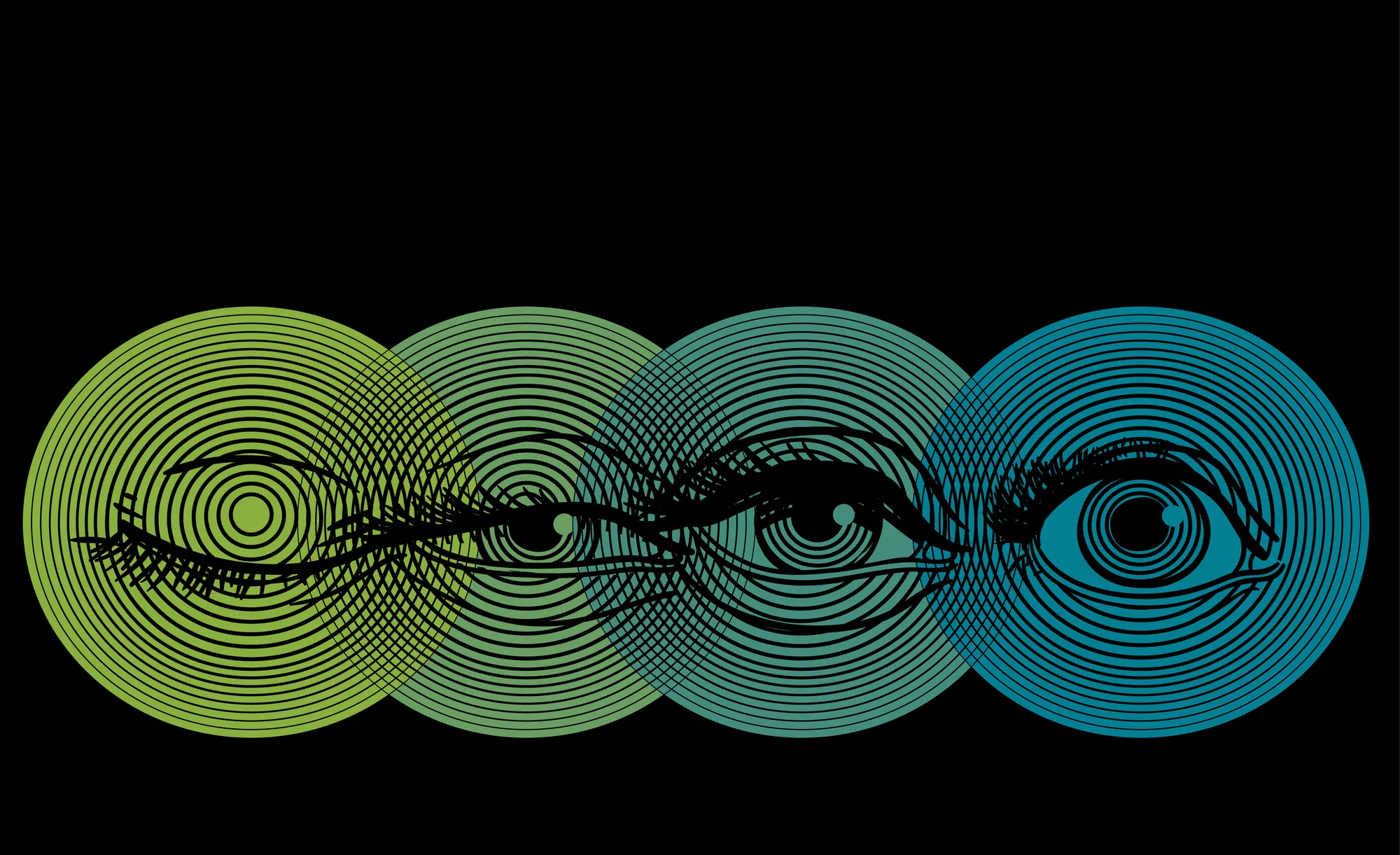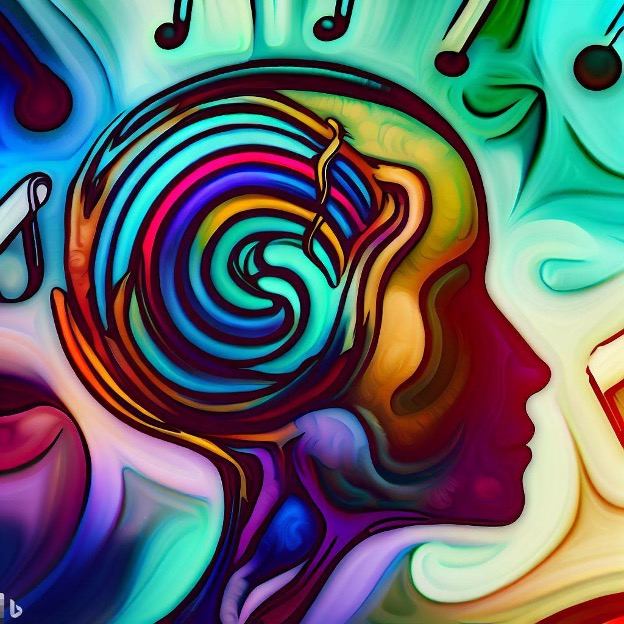Are you suffering from alcohol or substance abuse? If so, you’re not alone, and ketamine therapy may be able to help. According to the National Institute on Alcohol Abuse and Alcoholism’s 2015 study, “15.1 million adults 18 and older (6.2% of this age group) had AUD (Alcohol Use Disorder). The Mayo Clinic defines AUD as “A chronic disease characterized by uncontrolled drinking and preoccupation with alcohol.”
The Truth Initiative stated that in 2018, “it is estimated that more than 2 million Americans will suffer from addiction to prescription or illicit opioids.” We’re going to discuss how ketamine can help with addiction, including alcohol and other substances.
What Are the Uses for Ketamine?
Ketamine’s primary function is as an NMDA blocker. What this means is that it has a variety of effects, including anesthetic, cognitive, and sedative. Additionally, ketamine also appears to increase the neurotransmitter effects of gamma-aminobutyric acid and block the effects of the acetylcholine neurotransmitter.
Doctors in clinics and hospitals use ketamine medicinally for a variety of purposes. Initially, it was developed as an anesthetic however, it was soon discovered to have more benefits, including:
- Anti-depressant: Those who are treatment-resistant to other therapies benefit the most from using ketamine. Many studies indicate that those who suffer from depression have shown marked improvement.
- Brain protection: In a study published by Anaesthesist, researchers were able to use ketamine to increase cell viability and preserve the brain’s cell shape when harmful conditions occurred.
- Pain relief management: Low-dose ketamine is beneficial for use with hard-to-treat cases, particularly for those who are treatment-resistant to other therapies.
- PTSD Symptom Relief: In comparison to other treatment therapies, ketamine has shown to provide a reduction of PTSD symptoms quickly and effectively.
- Seizure treatment: According to a study published by the Journal of ECT, Ketamine was shown to reduce the duration of seizures in 10 patients.
- OCD (Obsessive Compulsive Disorder) Help: Those who are suffering from OCD have been shown to find help through the use of ketamine infusion therapy.
How Can Ketamine be Used for Addiction Treatment?
Adi Jaffe, Ph.D., explains in Psychology Today, “Ketamine can be used to disrupt harmful patterns of behavior, including that associated with alcohol use disorder.” Even though ketamine is thought to have negative side effects regarding the disruption of how memories are formed, this could work in favor of those who are seeking alcohol addiction treatment. So, when patients are using ketamine, it will essentially be overriding the memories driving their alcohol use.
The NMDA receptor that ketamine blocks is not only a mood regulator, but it’s also responsible for the formulation of memories. Therefore, when patients receive ketamine infusions, those triggers that are associated with the use of alcohol could weaken or become eradicated completely. These treatments could be a compelling alternative to others mainly because there are a wide variety of environmental factors associated with alcohol abuse.
Does Ketamine Work as a Treatment for Alcohol Addiction?
An individual who is suffering from alcohol addiction is also undergoing a chemical composition change of their brain. What this means is each time they consume alcohol, the pleasure receptors acknowledge that it feels good and triggers a response for more that may become out of control. Therefore, in order for the brain to function normally, it’s conditioned itself to become dependant on the substance. That’s one of the main reasons why it’s difficult to break the addiction cycle during the recovery process.
Ketamine is beneficial to those suffering from alcoholism due to its memory loss side effect. Therefore, it can help the brain forget that it’s dependent upon alcohol. The belief is that, when ketamine therapies are in place, the triggers and memories associated with alcoholism can be erased. Ketamine also works by creating a calming effect on the central nervous system. The use of this therapy also functions as an antagonist of the NMDA (n-methyl-d-aspartate) receptor.
The Research Backing Ketamine as an Addiction Treatment
The Journal of the American Medical Association Network published a study focusing on the use of ketamine for depression and addiction. Gihyun Yoon, the lead author of the study and a psychiatry professor at the Yale School of Medicine, states, “This study is unique in the field of ketamine research as it focuses on patients suffering from substance abuse problems. Other similar studies do not adminster ketamine to patients suffering from addiction problems because of ketamine’s known abuse potential… Contrary to the research conducted at Stanford, our study found that ketamine was still effective in treating depression, even after it was administered with naltrexone.”
Next Steps
If you or a loved one suffers from addictions, please give us a call at 833-867-2329 to discuss how we can help you.
Ketamine has the potential to make a significant difference in addiction treatment because of its ability to alter brain chemistry to break dangerous habits. If you are in recovery and other treatments have not helped, ketamine, under direct medical supervision, might be worth considering.


























